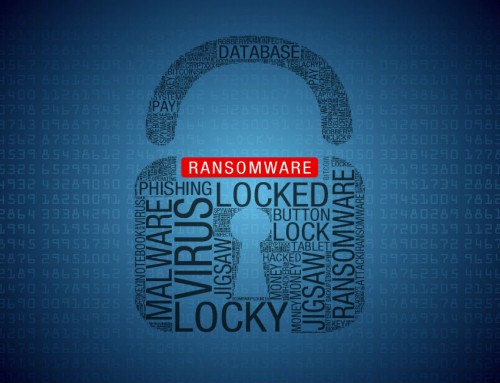Cybersecurity: India takes ‘lead’ on Joe Biden’s initiative against ransomware
India, Britain, Germany, and Australia have taken the ‘lead’ role in helping the United States organize a crucial meeting on the fight against ransomware, a major initiative in the field of Ransomware. cybersecurity of US President Joe Biden
India, UK, Germany and Australia have played a “lead” role in helping the US organize a global meeting on combating ransomware, which is a key initiative of cybersecurity by US President Joe Biden. The two-day meeting, which takes place virtually, began on Wednesday. India is leading a session on resilience, Australia on disruption, the UK on virtual currency, and Germany on diplomacy. Lt. Gen. Rajesh Pant, National Cyber Security Coordinator, leads the Indian delegation to the event to fight ransomware.
“Many governments were instrumental in organizing the meeting, and four countries, in particular, volunteered to lead and organize specific thematic discussions: India for resilience, Australia for disruption, United Kingdom. United for virtual currency and Germany for diplomacy, ”said a senior administration official Joe Biden said during the meeting’s review for reporters.
A total of 30 countries are participating in the meeting, including Brazil, Bulgaria, Canada, Czech Republic, Dominican Republic, Estonia, France, Ireland, Israel, Italy, Japan, Kenya, Lithuania, Mexico, the Netherlands, New Zealand, Nigeria, Poland, South Korea, Romania, Singapore, South Africa, Sweden, Switzerland, Ukraine, and the United Arab Emirates. The EU is also participating in the event The anti-ransomware meeting is part of the Joe Biden administration’s four-part strategy to counter the scourge of ransomware.
Colonial Pipeline, a major U.S. oil distribution company, reportedly paid a DarkSide cybercriminal group $ 4.4 million earlier this year to regain control of its pipelines. And Toshiba, the Japanese electronics giant, had claimed that the same group had hit the networks of its European division in France at the same time. The FBI, however, recovered $ 2.3 million from the ransomware that was paid by Colonial in Bitcoin.
Ransomware attacks are a global threat. Ransomware payments reached over $ 400 million globally in 2020, the White House said in a backgrounder, and topped $ 81 million in the first quarter of 2021, “illustrating the financial nature of these activities.”.
Disrupting ransomware infrastructure and actors, as in the Colonial Pipeline affair, will be the first of the four-part strategy to be announced by the Biden administration. “We are using the full weight of the US government’s capabilities to disrupt ransomware players, networks, financial infrastructure and other enablers,” the official said before citing the Colonial case as an example. The second part of the strategy is to build “resilience to resist ransomware attacks” by patching and patching vulnerabilities in networks.
The third is to prevent “virtual currency abuse” to launder ransom payments, and the fourth is to bring together international allies and partners. This year, in particular, has seen several large-scale ransomware attacks. Ransomware attacks on Colonial Pipeline, JBS meatpackers, as well as numerous strikes against city authorities, private organizations, and even hospitals, have prompted authorities to scramble. The widespread adoption and growing value of cryptocurrencies, through which ransom is often collected, has added fuel to the fire.
Recognizing the main weaknesses and susceptibility of major infrastructure to ransomware attacks, President Biden announced the international discussion earlier in the month. “The initiative builds on President Biden’s leadership to rally allies and partners to address the common threat of ransomware. It also builds on our own national efforts – important efforts, as you have seen, on the recent designation of the Treasury and other efforts we have underway, “a senior administration official told reporters.
Growing ransomware attacks also pose a serious economic threat, the true scale of which is often difficult to determine. Many companies often choose not to disclose the fact that they have been compromised to avoid negative media and customer attention.
India, along with Australia, Germany, and the UK would each lead discussions on specific topics. Countries volunteered to organize the specific thematic discussions at the event. India will tackle resilience, Austria will tackle disruption, the UK will anchor virtual currency, and Germany will lead diplomacy.







Leave A Comment